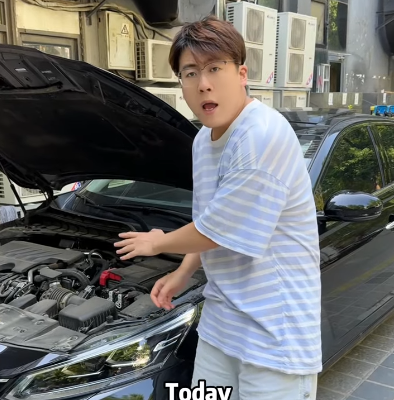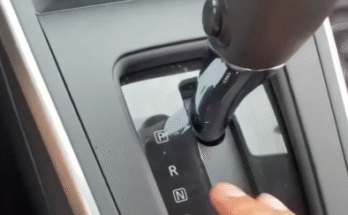
Owning a car comes with its fair share of expenses, and when repairs arise, costs can skyrocket. But don’t worry! With the right knowledge, you can save hundreds—if not thousands—on car maintenance and repairs. Whether you’re dealing with minor fixes or major issues, knowing how to repair your vehicle economically can make a huge difference. Here’s everything you need to know to keep your car in top shape without breaking the bank.
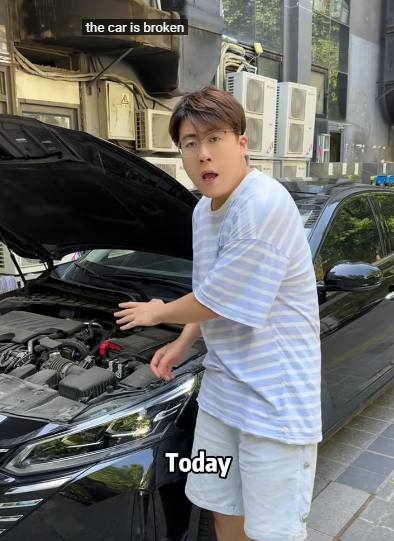
1. Regular Maintenance Prevents Expensive Repairs
The best way to save money on car repairs is by preventing them in the first place. Routine maintenance is key to avoiding costly breakdowns. Here are a few maintenance tips that can save you a fortune:
- Check and Change the Oil Regularly: Engine oil keeps your car running smoothly. Changing it on time (every 5,000–7,500 miles) prevents engine damage that can lead to thousands in repairs.
- Inspect the Brakes: Replacing brake pads before they wear down completely can prevent damage to the rotors, saving you from a more expensive repair.
- Keep Tires in Good Condition: Underinflated or worn-out tires decrease fuel efficiency and increase the risk of accidents. Properly inflated and rotated tires last longer and save you money on replacements.
- Replace Air and Fuel Filters: A dirty air filter can reduce fuel efficiency, and a clogged fuel filter can lead to costly engine repairs.
- Check and Maintain Coolant Levels: Overheating can destroy an engine. Keeping coolant at the correct levels prevents expensive damage.

2. Learn Basic DIY Car Repairs
You don’t need to be a professional mechanic to handle minor car repairs. Here are some easy fixes you can do yourself:
- Changing the Battery: Instead of paying a mechanic $50–$100, you can replace your car battery yourself with just a wrench and a new battery.
- Replacing Windshield Wipers: Wiper blades cost around $10–$20 and can be replaced in under five minutes.
- Swapping Out Headlights or Brake Lights: Buying a bulb and replacing it yourself can save you labor costs at a repair shop.
- Fixing Minor Scratches with a Scratch Removal Kit: Instead of paying for an expensive repaint job, try buffing out minor scratches yourself.
- Changing the Air Filter: A mechanic may charge $30–$50 for this, but you can do it in minutes for $10–$20.
3. Use Affordable Tools and Resources
Investing in some basic tools can save you a significant amount in the long run. Consider getting:
- A socket wrench set for general repairs.
- A jack and jack stands for working underneath the car.
- An OBD-II scanner to diagnose check engine light issues before taking your car to a mechanic.
- A repair manual or online video tutorials for step-by-step guidance.
Websites like YouTube, AutoZone, and forums like Reddit’s r/MechanicAdvice provide free resources to help you learn car repair skills.
4. Buy Affordable, High-Quality Parts
When replacing car parts, consider these cost-saving options:
- Buy aftermarket parts instead of OEM (Original Equipment Manufacturer) parts. Many aftermarket parts are just as good but cost significantly less.
- Shop online for discounts. Websites like RockAuto, AutoZone, and eBay Motors often have lower prices than local shops.
- Check for used parts from junkyards or auto recyclers. Salvage yards often sell perfectly good parts at a fraction of the cost.
- Look for warranties on parts. Many stores offer lifetime warranties on certain parts, so if they fail, you can get a free replacement.
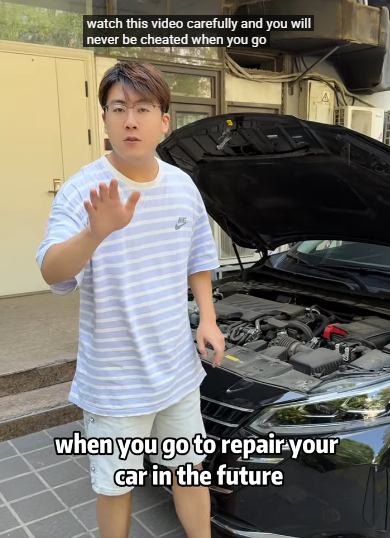
5. Find a Trustworthy Mechanic
Not all repairs can be done at home, but you can still save money by choosing the right mechanic. Here’s how:
- Avoid dealership service centers unless your car is under warranty. They tend to be much more expensive.
- Get multiple quotes before committing to a repair shop.
- Read reviews online to ensure the shop is reputable.
- Ask for a detailed breakdown of the repair costs and avoid unnecessary upsells.
- Bring your own parts to save on markups, if the mechanic allows it.
6. Learn to Diagnose Problems Early
Many car issues start with small warning signs. If you catch them early, you can avoid costly breakdowns. Pay attention to:
- Strange noises like grinding, squealing, or knocking.
- Warning lights on your dashboard.
- Unusual vibrations while driving.
- Drops in fuel efficiency which could indicate engine or tire issues.
- Burning smells that may signal overheating or oil leaks.
7. Don’t Ignore Small Repairs
A minor issue today can turn into a major repair tomorrow. Fix small problems as soon as you notice them:
- A small oil leak can lead to engine failure if ignored.
- A slight pull to one side may indicate alignment issues that, if left untreated, can wear out your tires prematurely.
- A slight squeak from the brakes may mean you need new brake pads before they damage the rotors.
8. Reduce Wear and Tear on Your Car
The way you drive can impact how often you need repairs. Here’s how to extend your car’s life:
- Avoid sudden acceleration and hard braking. It strains the engine and wears down brake pads quickly.
- Don’t overload your car. Carrying unnecessary weight puts extra stress on the engine and suspension.
- Use cruise control on highways. It helps maintain a steady speed and improves fuel efficiency.
- Warm up your car properly in cold weather. Letting the engine run for a minute before driving prevents excessive wear.
- Park in the shade or use a car cover. This protects your paint job and interior from sun damage.
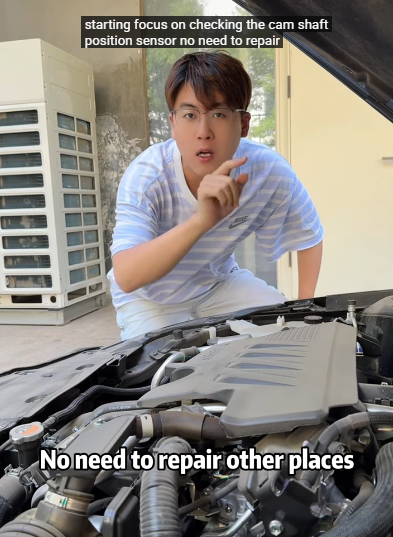
9. Take Advantage of Discounts and Warranties
- Use store loyalty programs at auto parts retailers to earn discounts.
- Check if your insurance covers certain repairs like windshield replacements.
- Look for manufacturer recalls—some repairs might be free if your car has a defect.
- Consider an extended warranty if you plan to keep your car long-term.
Final Thoughts: Save Money and Keep Your Car Running Longer
Car repairs don’t have to drain your wallet. By staying on top of maintenance, learning basic repairs, and being a smart consumer, you can significantly cut costs while keeping your car in excellent condition. Next time your vehicle needs attention, remember these cost-saving strategies and take control of your car repair expenses!
